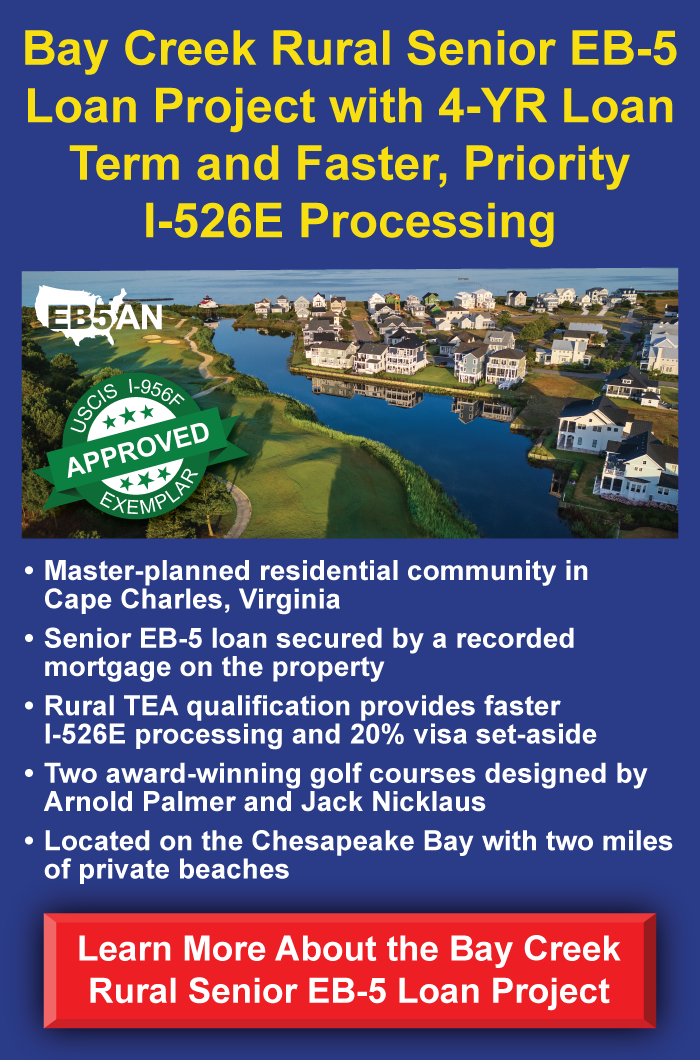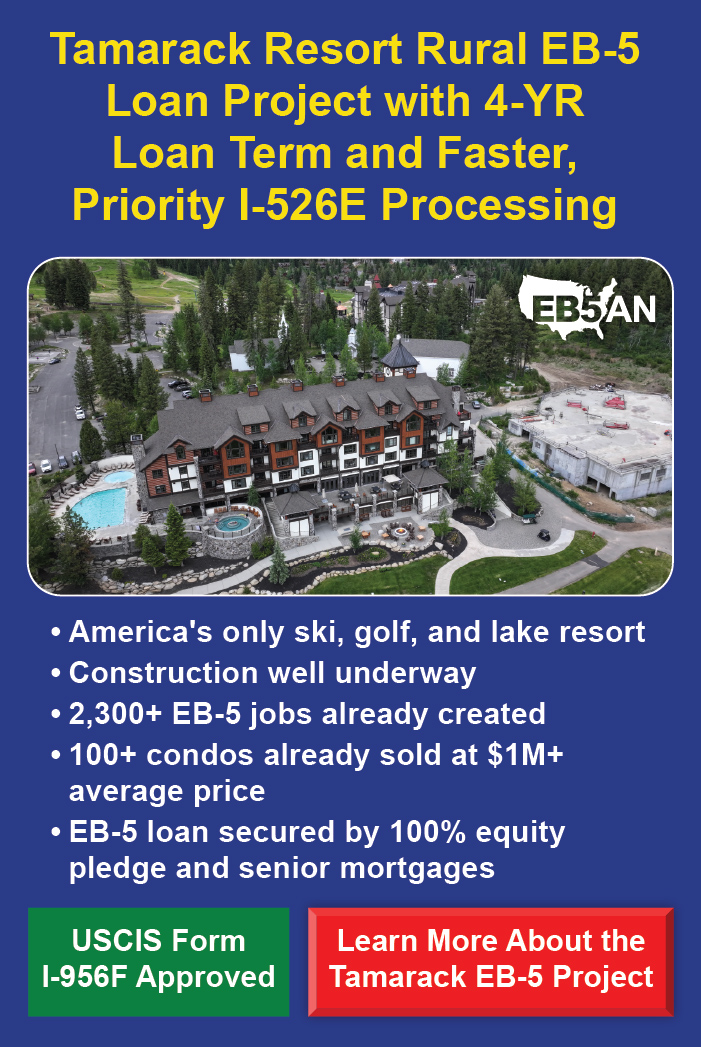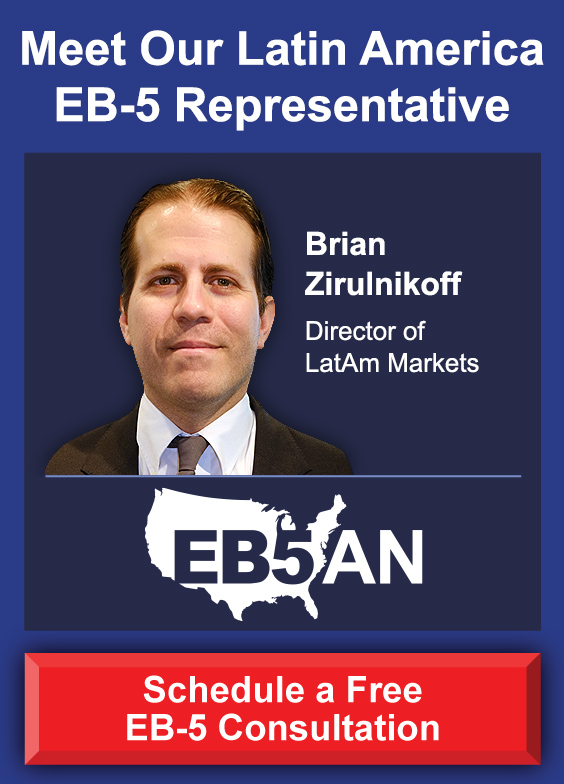
Targeted employment areas (TEAs) are designated regions in the U.S. with economic challenges.
They offer lower capital investment requirements and special visa benefits to encourage foreign investors while supporting the development of rural areas that need help the most.
This approach helps the U.S. balance its goal of attracting investments with its aim to promote growth and job creation in underprivileged regions.
In the EB-5 program, TEAs can focus on rural areas or regions with unemployment higher than the national average rate. These rural projects are appealing because they are more affordable and accessible.
However, many investors find it difficult to decide which type of TEA is right for them, as each comes with its own benefits and challenges.
In this article, we will explore the benefits of investing in high-unemployment TEA projects, also known as urban TEA investments. We’ll also explain how these projects align with U.S. residency goals and provide insights to guide your decision-making.
What Are High-Unemployment TEA Projects?
What Are the Advantages of EB-5 High-Unemployment TEA Projects?
Who Can Benefit From an Urban TEA Investment?
What Are the Challenges of an EB-5 Urban TEA Investment?
Invest in an EB-5 Project With EB5AN
What Are High-Unemployment Targeted Employment Area Projects?

The EB-5 Reform and Integrity Act of 2022 (RIA) defines high-unemployment TEAs as areas with a population of at least 20,000, where the unemployment rate is at least 150% of the national average unemployment rate.
These criteria ensure that investments directly target communities (including areas within metropolitan statistical areas) as well as rural regions that need economic revitalization.
TEAs are designated based on unemployment data from reliable sources, such as a labor force employment measure or the Local Area Unemployment Statistics (LAUS) program.
Investors rely on governmental designation to access lower investment thresholds and set aside visa categories under the EB-5 program.
Most high-unemployment TEA projects are offered through the regional center program, which allows multiple investors to pool funds into large-scale developments.
These investments are made through a new commercial enterprise (NCE) located within the TEA, which is how the project qualifies for the lower $800,000 minimum investment and reserved visas.
Additionally, for your capital investment to qualify as an urban TEA investment, the EB-5 project you choose must be located in an area designated as a high-unemployment area at the time of your Form I-526E filing.
What Are the Advantages of EB-5 High-Unemployment TEA Projects?
High-unemployment targeted employment area projects offer several benefits that make them appealing to investors seeking U.S. permanent residency. Let’s consider them below:
- Reduced Investment Threshold: TEA projects require a minimum investment of $800,000, compared to $1,050,000 for non-TEA projects. This lower requirement makes the program more accessible to investors.
- Support for Struggling Communities: By investing in targeted employment area projects, investors contribute to the development of economically challenged areas in the U.S. while working toward their residency goals.
- Visa Allocation Advantage: The RIA reserves 32% of the annual EB-5 visa quota (about 10,000 visas) for TEA investments. Specifically, 10% of these are set aside for high-unemployment TEA projects, ensuring about 1,000 visas are available annually for urban TEA investors.
- Reduced Competition: With dedicated visa allocations for TEAs, investors have the opportunity to avoid the unreserved category backlogs. This advantage is particularly valuable for applicants from countries with visa retrogression in the traditional EB-5 category. However, recent backlogs in the high-unemployment TEA category are also expected to be reflected in the visa bulletin soon, which may significantly impact the EB-5 process of investors from high-demand countries like India and China.
Who Can Benefit From an Urban TEA Investment?
Investors From Low-Demand Countries
Immigrant investors from low-demand countries may benefit from EB-5 high-unemployment TEA projects, since they are not likely to face backlogs in this category anytime soon.
As these visas are specifically set aside, applicants from low-demand countries face minimal competition.
This helps applicants avoid visa retrogression and provides a more streamlined path to U.S. permanent residency, even though rural TEA investments have the exclusive benefit of priority processing.
Investors Already Residing in the U.S.
High-unemployment TEA investors who already reside in the U.S. may be eligible to concurrently file their EB-5 visa form, adjustment of status petition, and work and travel permits.
This means the additional waiting time involved in urban TEA projects may not significantly matter to these applicants, since they will be able to live and work in the U.S. with few limitations even before receiving their Green Cards.
What Are the Challenges of an EB-5 Urban TEA Investment?
Investing in EB-5 high-unemployment TEA projects comes with certain challenges that investors must carefully evaluate.
The main challenge is that Chinese and Indian EB-5 investors face significant challenges with Form I-526E backlogs due to the high demand for EB-5 visas from these countries.
The annual visa cap per country, combined with the large volume of applications, can create long processing delays. The backlog has been a regular issue for Indian and Chinese investors in the unreserved category, too, with wait times extending several years.
Aside from expected retrogression, urban TEA investors also don’t benefit from the United States Citizenship and Immigration Services (USCIS) priority processing principle reserved for rural TEA projects.
However, if you’re not an Indian or Chinese national and already reside in the U.S., you may be able to safely invest in a strong, low-risk EB-5 high-unemployment TEA project without any challenges.
Invest in an EB-5 Project With EB5AN

EB-5 high-unemployment TEA projects offer significant advantages to immigrant investors. These projects provide a reduced investment threshold, making U.S. residency more accessible while promoting economic growth in underserved areas.
However, potential challenges, such as looming backlogs in certain categories, highlight the importance of working with experienced professionals and staying informed about industry developments.
EB5AN stands out as a trusted partner for navigating the EB-5 program and selecting the right TEA project. For over a decade, EB5AN has received a 100% USCIS project approval rate, ensuring investors’ confidence and reliability.
Our team of qualified EB-5 professionals has helped countless investors successfully navigate the program. Schedule a free consultation with our team to discuss your permanent residency options in the U.S.











